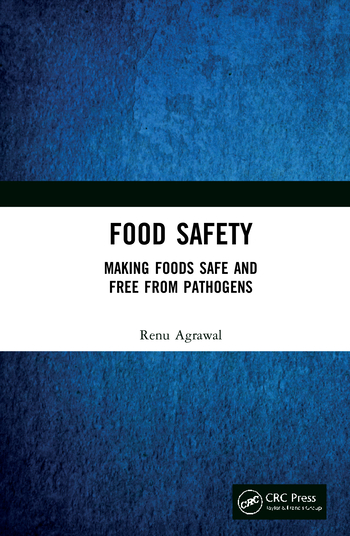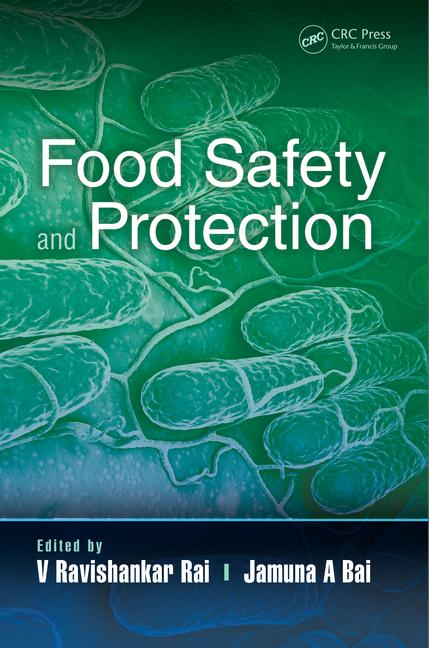Study Shows Risk of Gluten Migration into Food from Biodegradable Plates, Straws

Image credit: Darlene Alderson via Pexels
To achieve sustainability in light of growing environmental concerns and shifting regulations around plastics, the production of single-use food contact materials (FCMs) made from biodegradable polymers is becoming more common. However, these FCMs may carry unique food safety risks; for example, rye- and wheat-based FCMs can transfer gluten into foods, sickening consumers with celiac disease or wheat allergy. In the EU, where some single-use plastics have been banned (facilitating the rise of biodegradable polymers in FCMs), legislation does not require allergen labelling on FCMs containing gluten.
In a recent study, researchers from the Karlsruhe Institute of Technology in Germany examined the extent of gluten migration from six different FCMs into a variety of liquid and solid foods to provide a more comprehensive basis for assessing the risk of exposure for wheat allergy and celiac disease patients. Tested materials included biodegradable plates, forks, knives, straws, and cups made from wheat bran, a combination of wheat bran and polylactic acid, durum wheat semolina, a combination of durum wheat semolina and wheat gluten, rye stalks, and a combination of oat bran and wheat flour.
The migration of gluten from FCM was tested at conditions expected for normal usage of the materials. Different contact times with the foods and contact with foods of different temperatures were tested.
Overall, the researchers found the extent of gluten migration to depend upon the properties of the FCM, especially its stability during use. Contact time and the makeup of the food with which the FCM came into contact were also important factors.
Of the six different FCMs studied, gluten was transferred into liquids from four materials: two durum wheat semolina-based straws, the wheat-bran based plates, and the oat bran and wheat flour-based cup. Gluten from the plates also migrated into gluten-free solid foods.
There was no detectable gluten migration from the cutlery, most likely due to short contact times and small contact areas, and also not from the rye stalk-based straw 3, because the stalk does not contain gluten.
Looking for a reprint of this article?
From high-res PDFs to custom plaques, order your copy today!










